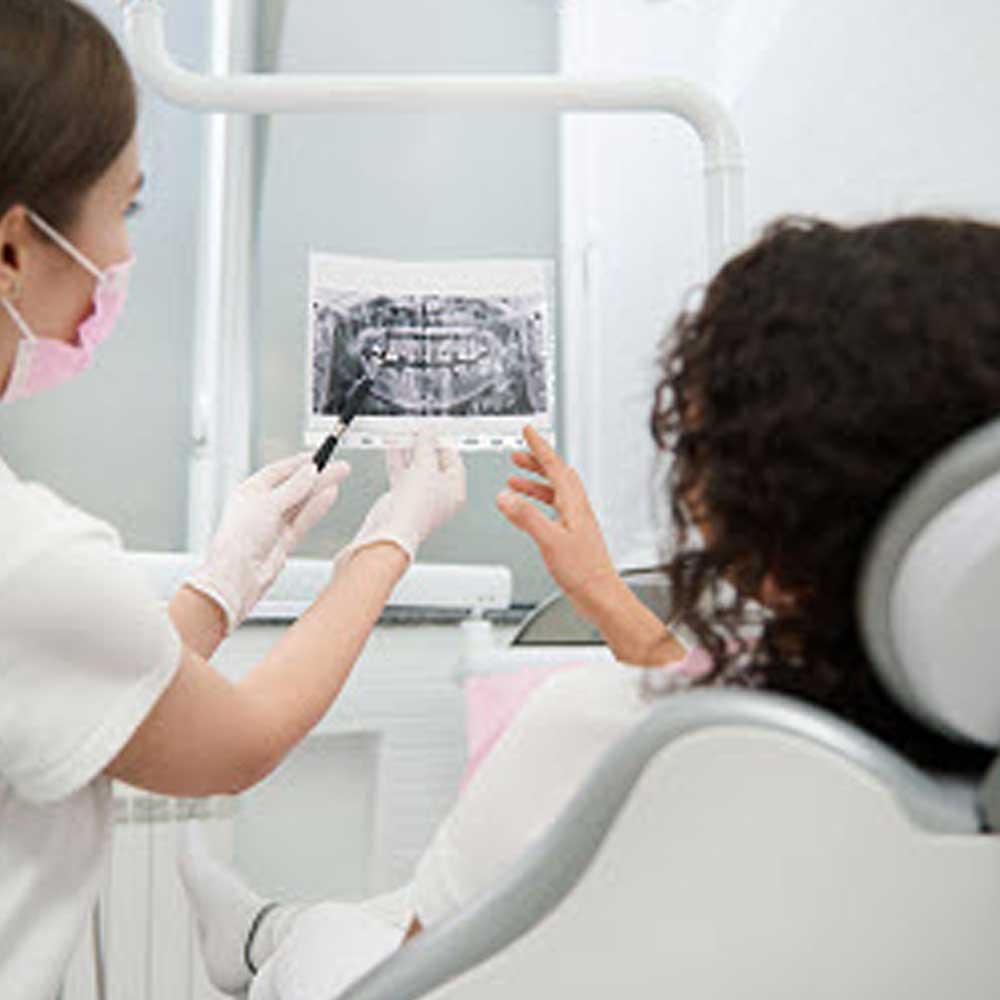
Comfortable Tooth Extractions in Windsor
The main goal of dental care is to preserve your natural teeth and maintain the function and health of your smile. However, if your tooth has suffered severe damage beyond repair, sometimes the best option is to perform an extraction to protect your oral health. Tooth extraction alleviates your pain and eliminates the root cause of the problem. It also protects nearby teeth and gum tissues from damage.
Little River Dental offers gentle tooth extractions in Windsor if you have severe tooth damage or as part of orthodontic treatment. We also provide tooth replacement options to rebuild your smile after your procedure. We strive to keep you relaxed and comfortable during your treatment, combining skilled dentistry with a gentle chairside manner. Contact us today to learn more about our tooth extraction services in Windsor.
Common Reasons for Tooth Extraction
Although adult teeth are supposed to be permanent, certain circumstances can make removal necessary. Some common reasons for tooth extraction include:
Baby Teeth
Diseases and Trauma
Patient Choice
Orthodontic Treatment
Orthodontic issues like crowding occur when teeth overlap due to inadequate jaw space. In such cases, we extract one or two of your teeth as part of your orthodontic treatment.

Safe and Gentle Wisdom Teeth Removal
Wisdom teeth are the last ones to emerge and are located at the back of your mouth. Some of the reasons you may choose to undergo a wisdom teeth extraction include:
- Impacted teeth that get trapped in your gums and fail to emerge fully
- Wisdom teeth developing at awkward angles
- Limited jaw space that cannot accommodate the emerging wisdom teeth
- Severe tooth decay and gum disease
Signs you need wisdom teeth extraction include severe pain, sinus problems, swollen or stiff jaws, cysts, bad breath, and crooked teeth. If you notice such symptoms, don’t hesitate to visit our practice to discuss whether wisdom tooth extraction would benefit you. Our team uses nitrous oxide sedation to make the process as painless as possible. If you require sleep sedation, we will refer you to a trusted specialist who can provide the advanced care you need.
Tooth Replacement Options after Extraction
Once your problematic tooth is removed, the gap in your smile remains. Missing teeth can impact your ability to chew and speak properly and prevent you from smiling confidently. Neighboring teeth will also gradually shift into the space, altering your bite and leading to uneven dental wear and jaw problems. Our team will explain your tooth replacement options to restore your oral function and smile aesthetics.
Dental implants
Fixed bridges
Full or partial dentures
Tooth Extraction FAQS
It’s perfectly normal for you to have questions about your tooth extraction and what to expect. We’re happy to answer your questions and provide whatever information you need. Some questions we receive include:
How do I take care of my mouth after extraction?
Proper care is essential for preventing complications after tooth removal and promoting healing. These tips can minimize pain and shorten your recovery time.
- Take your medication as prescribed.
- Use an icepack on your face to minimize pain and swelling.
- Rest on the first day and limit activity for the next two days to avoid putting pressure on the site.
- Don’t rinse or spit forcefully during the first 24 hours to avoid dislodging clots necessary for healing.
- Rinse your mouth with a warm salt solution after 24 hours. You can brush your teeth gently while avoiding the affected area.
- Only eat soft foods.
- Avoid using straws, as they can dislodge the clots that form in the socket.
- Avoid smoking, as it interferes with healing.
Does tooth extractions hurt?
Our team will do all we can to maximize your comfort during a tooth extraction. We use nitrous oxide sedation and local anesthesia to numb the area during the procedure. While you will likely feel some soreness and discomfort after the procedure, this can be managed with prescribed or over-the-counter painkillers and should subside within a few days.
What should I expect after tooth extraction?
Your Reliable Tooth Extraction Specialist in Windsor
At Little River Dental, your comfort and well-being are our priorities. If a damaged, decayed, or impacted tooth is threatening your oral health, our dentists will provide skilled and effective dental extractions. We do all we can to take good care of you and your smile at every stage of your visit. Please book an appointment with us today for gentle and comfortable tooth extraction in Windsor.
